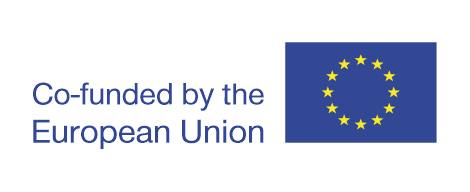News from A dimora 20/06/2025
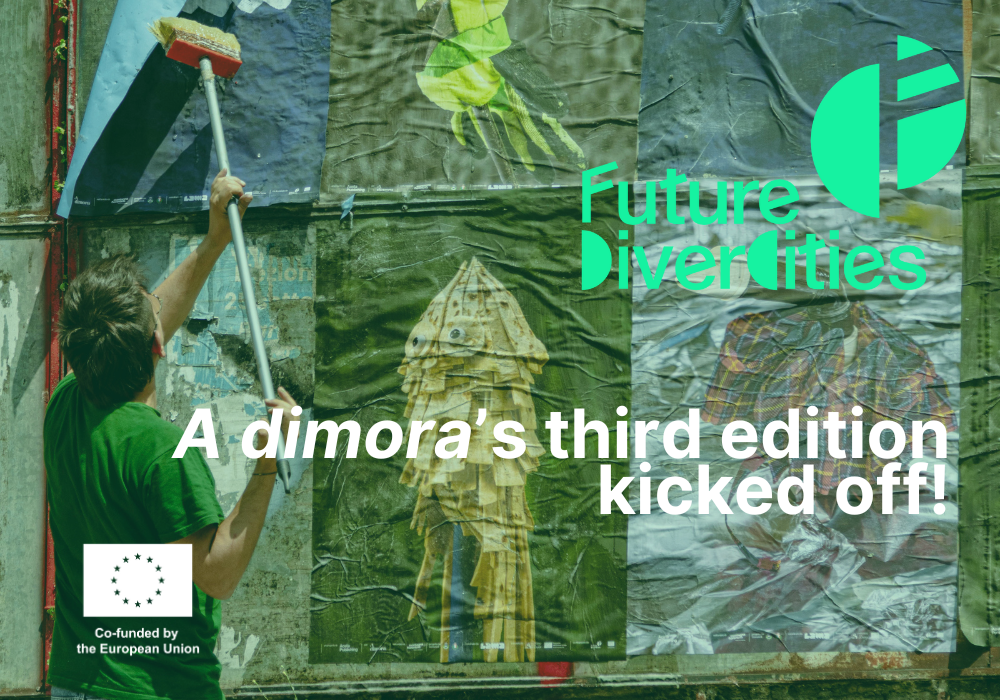
A dimora launches third residency cycle with festival debut in Londa On June 3, 2025, A dimora officially launched its third year of artist residencies in Londa, Tuscany. The five selected artists met with local stakeholders, explored the surrounding area, and began their research to create new artworks that will become part of the town’s cultural heritage. […]
Newsletter #11 – 10/06/2025
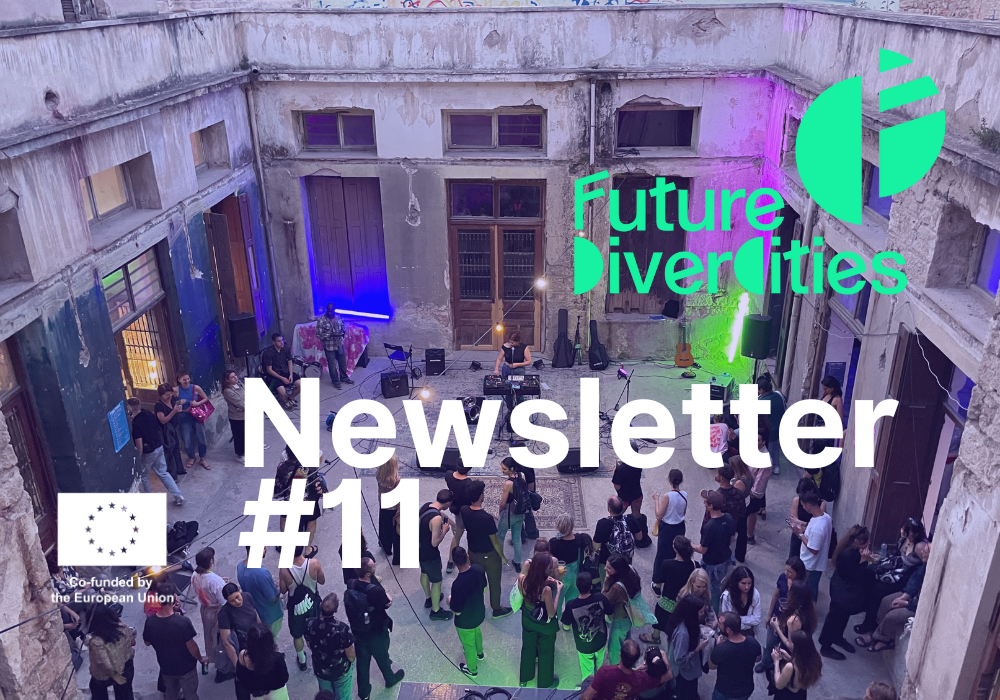
NEWS FROM OUR TWINNING PROGRAM From Stockholm to Zagreb: A Comics Artist’s Exchange at KONTEJNERAs part of the Future DiverCities Twinning Program, comic artist Yana Knight from Subtopia embarked on a creative exchange in Zagreb, hosted by KONTEJNER. During her three-day visit, Yana used autobiographical fiction comics to document her immersive experience in the KONTEJNER space and its surrounding […]
PUBLIC ART LAB & CRAFTOPIA TWINNING 04/06/2025
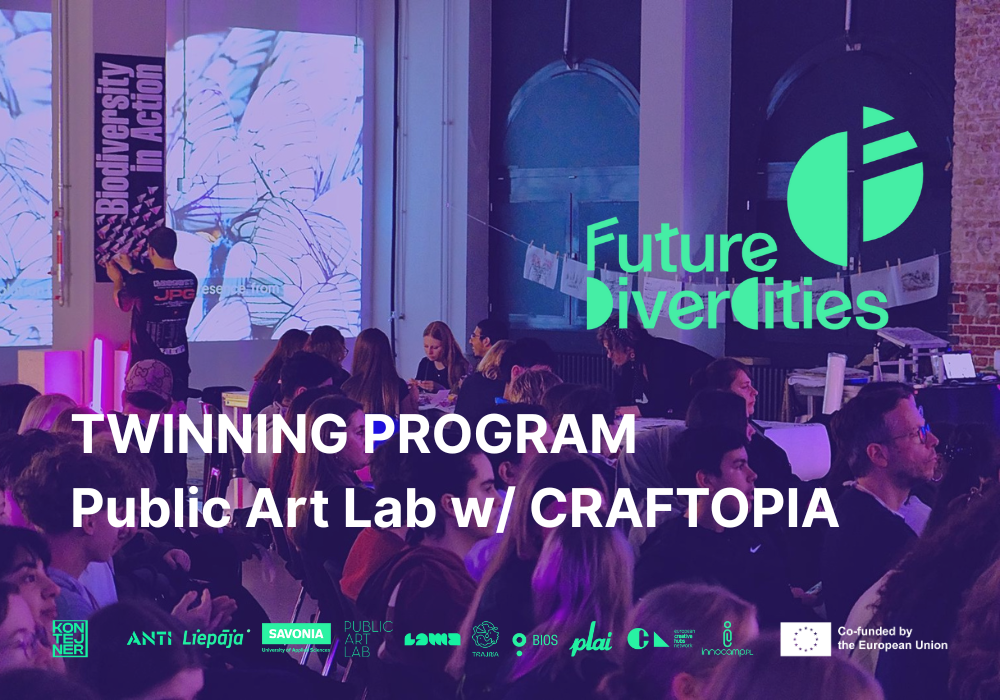
From Thessaloniki to Berlin: Butterflies and Placemaking As part of the Future DiverCities Twinning Program, Evanthia Stavrou (founder of Craftopia and sociocracy expert), Ioannis Efstathiou (Street Mode Festival), and Dimitra Samsaki (communications strategist, MoMus) visited Berlin to engage in peer exchange and co-learning with Public Art Lab (PAL). The visit revolved around shared interests in […]
PUBLIC ART LAB & CRAFTOPIA @ TINCON 26/05/2025
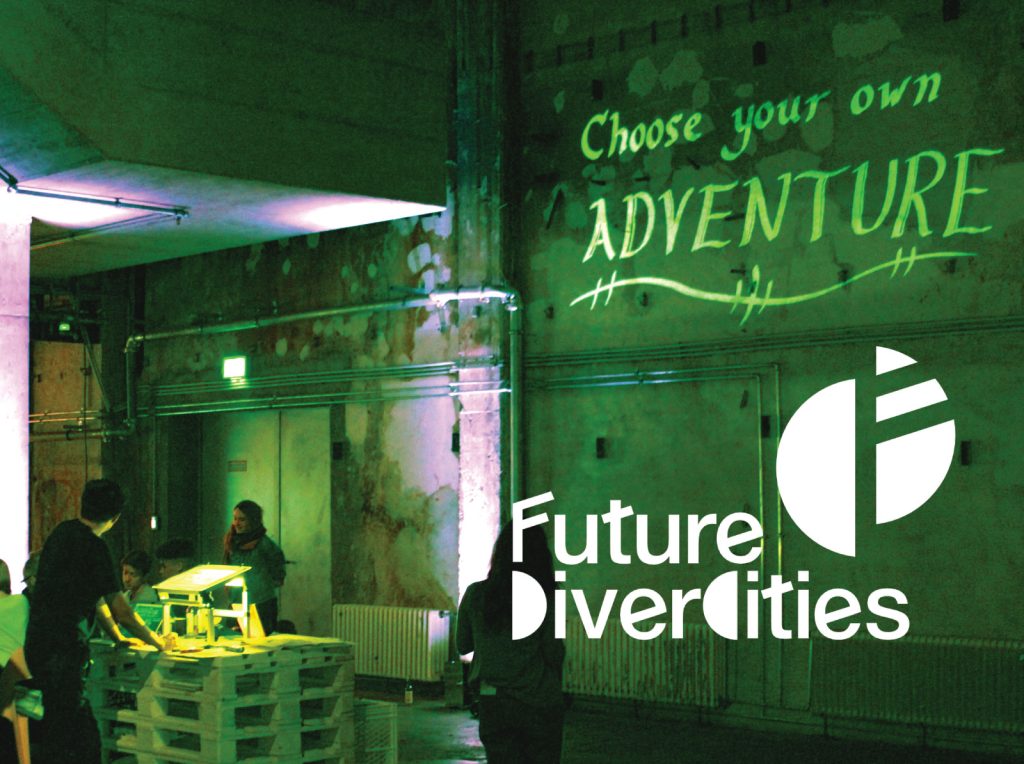
Future DiverCities at TINCON Berlin: Biodiversity in Action! This week, our partner Public Art Lab (Berlin, Germany) brings the Biodiversity in Action programme to TINCON / re:publica, a vibrant three-day conference and festival on digital youth culture and climate action, taking place from 26–28 May in Berlin. As part of the Future DiverCities Twinning Programme, […]
KONTEJNER & SUBTOPIA TWINNING 08/05/2025
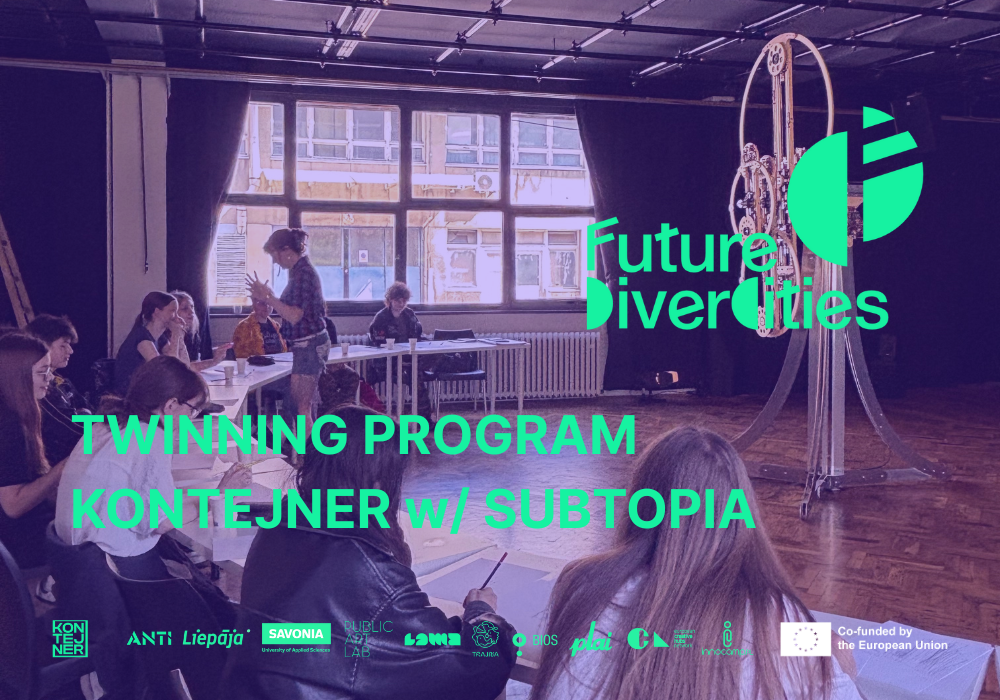
From Stockholm to Zagreb: A Comics Artist’s Exchange at Kontejner As part of the Future DiverCities Twinning Program, comic artist Yana Knight — based at Subtopia, a member of ECHN — traveled to Zagreb for a creative residency hosted by KONTEJNER. The twinning initiative connects cultural hubs with the pilots to foster artistic exchange, knowledge-sharing, […]
Newsletter #10 – 05/05/2025
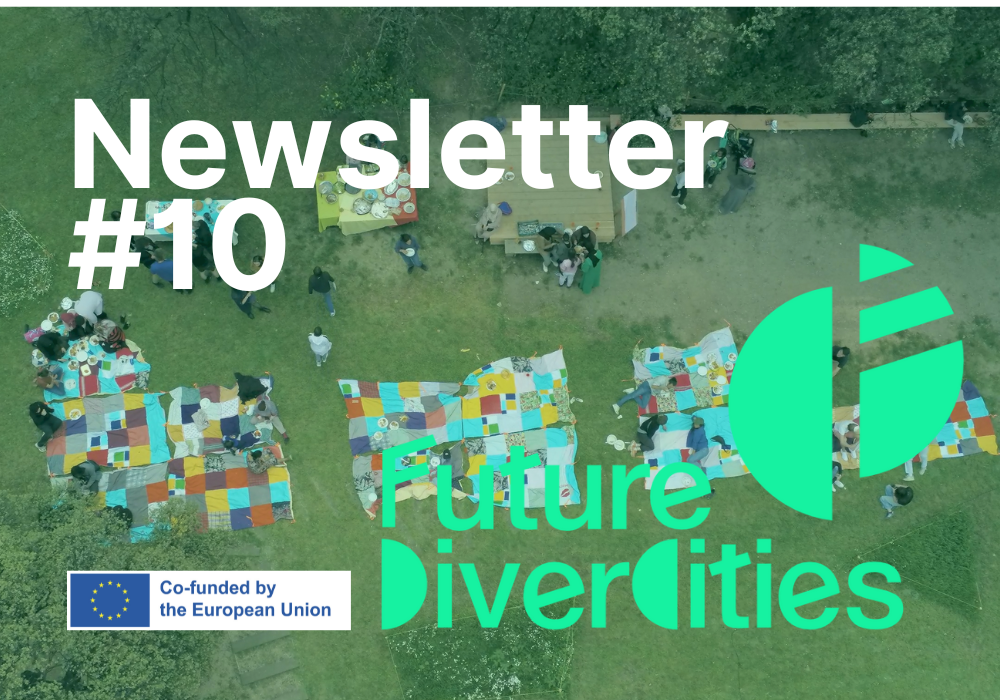
BIODIVERSITY IN ACTION @ TINCON BERLIN Public Art Lab invites you to a three-day Biodiversity Lab to explore creative approaches to urban storytelling, sensitive mapping, and artistic narratives. Nature Writing with Michaela Vieser Renowned nature writing author Michaela Vieser will lead a biodiversity workshop at TINCON Berlin, guiding participants through an exploration of non-human species […]
Newsletter #9 – 22/04/2025
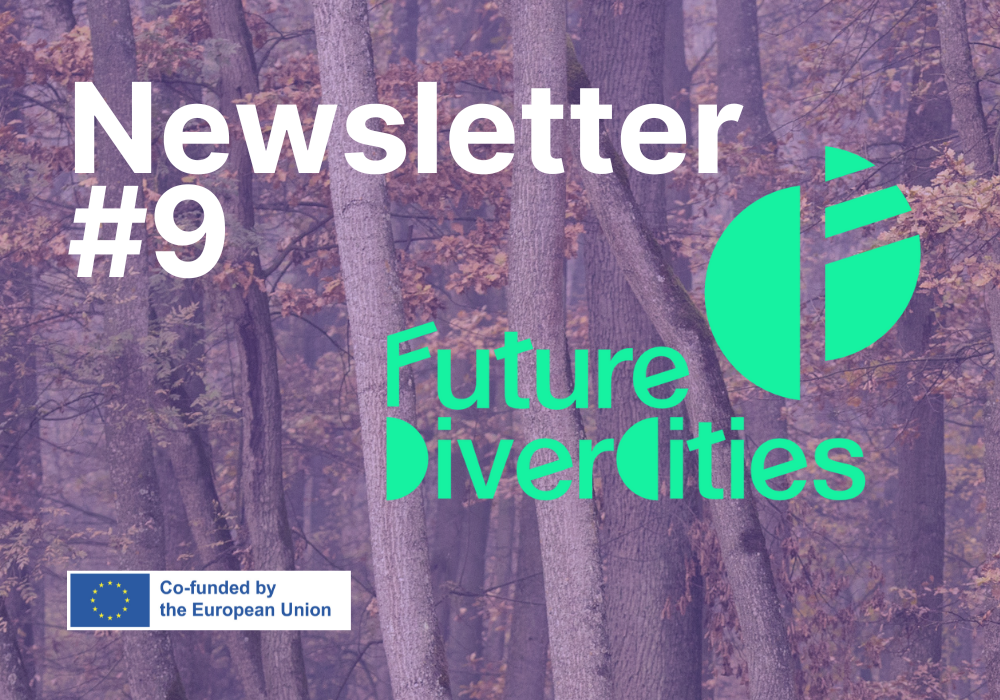
TWINNING PROGRAM Discover the exciting exchange program between project partners and ECHN members unfolding over the next few months! In just a few days, Yana from Subtopia (Norsborg, Sweden) will be hosted by KONTEJNER in Zagreb. This visit will explore an innovative new approach to storytelling and creative problem-solving. In May, Natalia from ARTERIA_LAB (Evora, Portugal) will travel to Liepaja (Latvia). As both cities prepare […]
Newsletter #8 – 11/03/2025
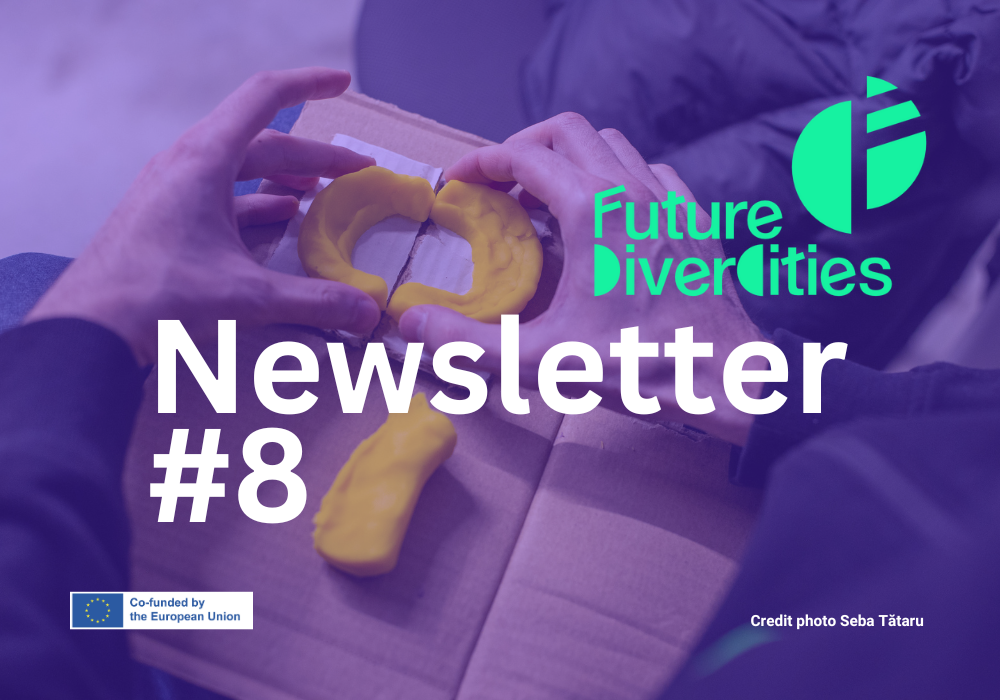
TWINNING PROGRAM – NEW OPEN CALL The Future DiverCities (FDC) project continues its Twinning program with the ECHN members! (mobility grant) This is a unique opportunity to visit and exchange with the Future DiverCities pilot sites. Each pilot is located in a different EU city and has its own different profile. Next station: Marseille! Check here for […]
Celebrating Community and Culture in Timisoara- 10/03/2025
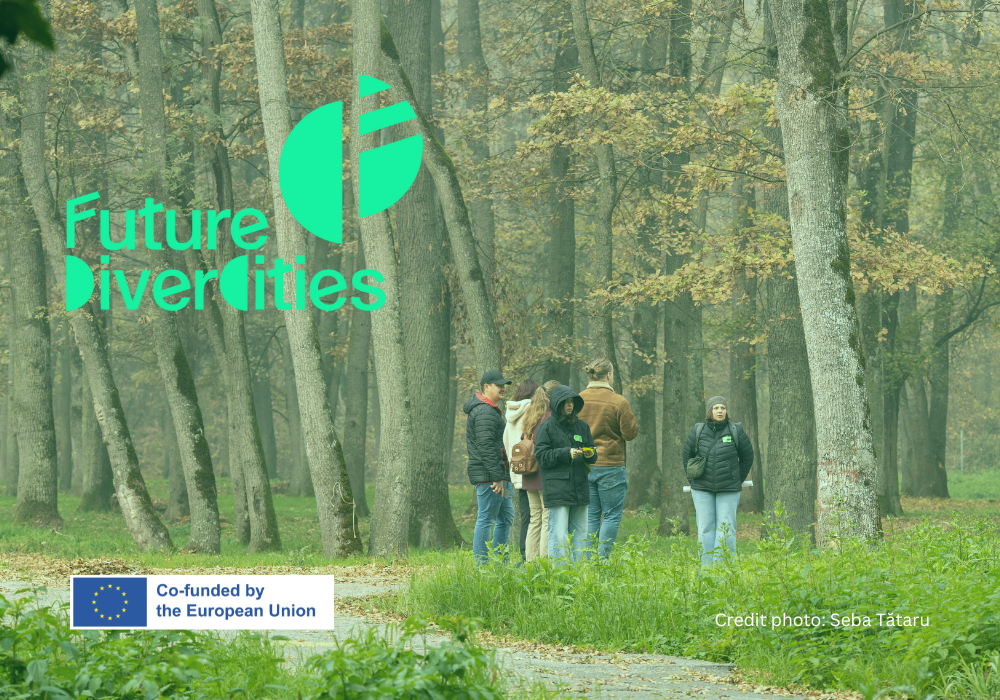
Celebrating Community & CultureSince 2006, our partner PLAI have brought people together through cultural and community-driven events, including the PLAI Festival, JAZZx, and BEGA! projects. With the support of over 1,500 volunteers, these initiatives highlight the value of collaboration, learning, and meaningful connections. The Volunteering AcademyPart of the PLAI Cultural Center and supported by the […]
3rd Open call – Twinning program – 10/03/2025
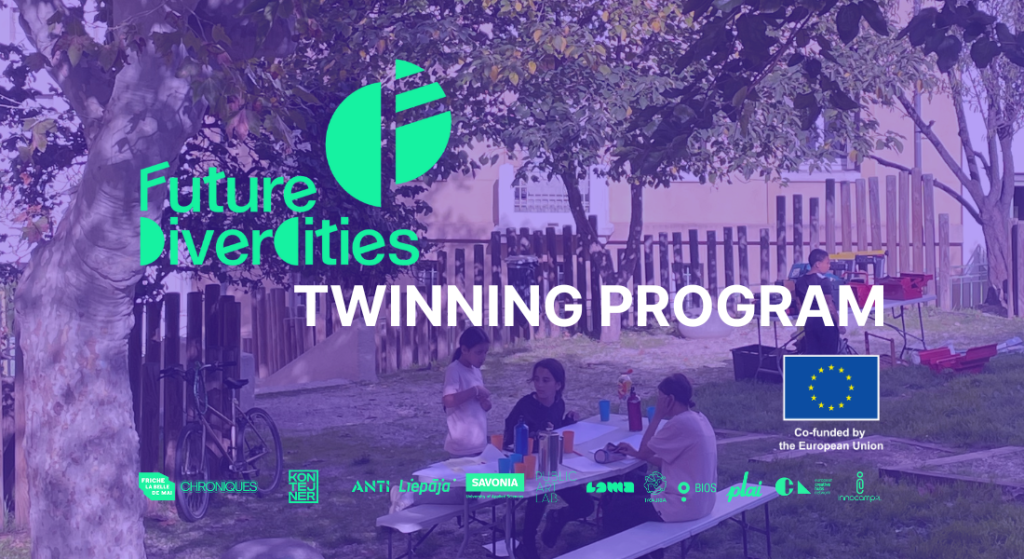
Twinning Program between one ECHN member and the Future DiverCities partners, La Friche and CHRONIQUES, Marseille. The Future DiverCities (FDC) project continues its Twinning program with the ECHN members! (mobility grant) Location: Marseille Calendar: 5 days in April (the week of the 26th), July (around the 23rd) or Fall 2025 Deadline to apply: 30 […]

